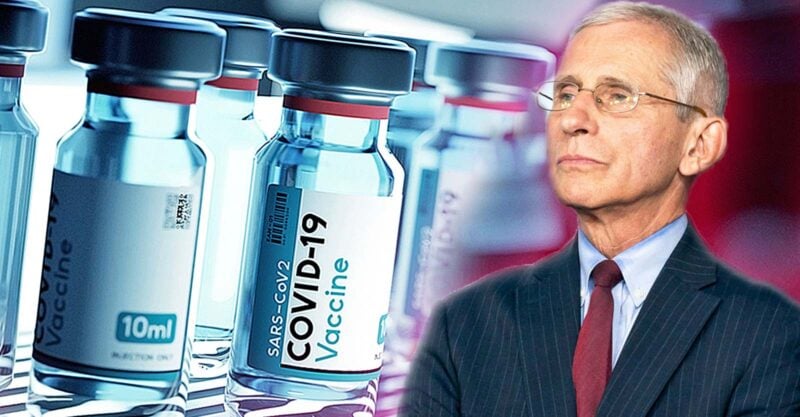
US President Donald Trump recently demanded the release of data from pharmaceutical companies to “justify the success of their various Covid-19 drugs,” which include the Covid-19 vaccines that his administration delivered to the public in 2020 through Operation Warp Speed.
Unfortunately, data from randomised controlled trials prove the opposite of success – the Covid-19 vaccines failed to reach clinically significant efficacy against infection with the coronavirus, SARS-CoV-2.
Furthermore, evidence suggests that the president was misled by public health officials who failed to fully disclose the very low absolute efficacy of the vaccines.
After the launch of Operation Warp Speed, I conducted an independent analysis of Covid-19 vaccine efficacy from data published in the New England Journal of Medicine.
My analysis, which was published in Medicina in February 2021, showed that the absolute risk reductions of the Stage 3 clinical trials for the Covid-19 mRNA vaccines were clinically insignificant at approximately 1 per cent. Similar findings were verified by other researchers.
In the meantime, the public was told by public health officials, including Dr Anthony Fauci of the National Institute of Allergy and Infectious Diseases, which the vaccines were around 95 per cent effective in reducing the risk of a mild to moderate Covid-19 infection. The vaccines were lauded as the most effective tool to stop the spread of the coronavirus.
Observational studies also claimed that Covid-19 antiviral drugs were effective in preventing hospitalisations and deaths.
Nevertheless, evidence of “effectiveness” from these observational studies could not control for biases and confounding factors, nor rise to the gold standard of efficacy experimentally verified through participant randomisation in clinical trials.
Many months later, the Centres for Disease Control and Prevention announced that the Covid-19 mRNA vaccines were not effective in stopping the spread of the coronavirus. What went wrong? Clearly, the expectations of high vaccine efficacy did not match my 2021 analysis. Who was right?
The answer is that both the public health officials and I were right, except that we each analysed and reported different findings from the trial data. While I reported the vaccines’ absolute risk reductions, Fauci and public health officials reported the vaccines’ relative risk reductions.
Understanding the difference between these two risk measurements is crucial for correctly interpreting the efficacy of the vaccines.
Without getting into a complicated explanation of statistical differences between absolute and relative risk reductions, the important point is that the US Food and Drug Administration (FDA) stated in their 2011 publication, Communicating Risks and Benefits: An Evidence-Based User’s Guide, that BOTH absolute and relative risk reductions should be disclosed to the public.
Obviously, this did not occur during Operation Warp Speed. Indeed, members of the FDA committee that granted emergency use authorisation of the vaccines ignored the FDA’s own guidelines for communicating risks to the public and omitted reporting the absolute risk reductions.
Public health officials falsely declared the much higher relative risk reductions as the true risk reductions of the vaccines. Apparently, pressure to support the vaccines as a quick way out of the Covid-19 pandemic promoted public health policy over valid and reliable scientific data.
Had the public been aware of the low clinical efficacy of the vaccines in absolute terms, the expectations of the vaccines to stop the spread of the coronavirus would not have been overstated, and the public, including the Trump administration, would not have been misled.
After publishing my findings on the Covid-19 mRNA vaccines, I later analysed data from trials of Covid-19 antivirals and found similar problems of unreported low absolute risk reductions associated with most of these drugs: “Absolute Risk Reductions in Covid-19 Antiviral Medication Clinical Trials.”
- A Tell Media / By Ron Brown / Republished with the permission of The Defender







